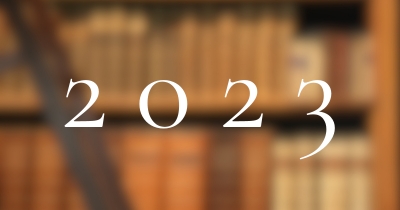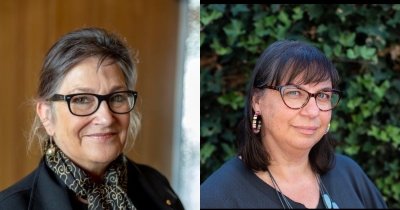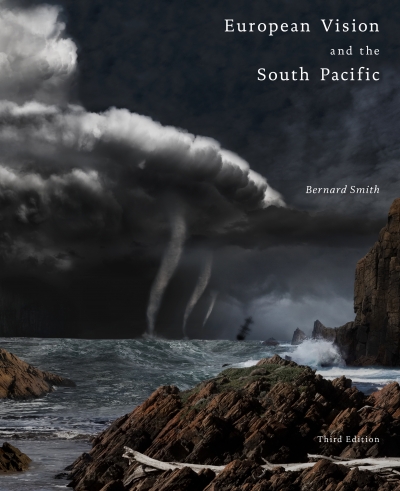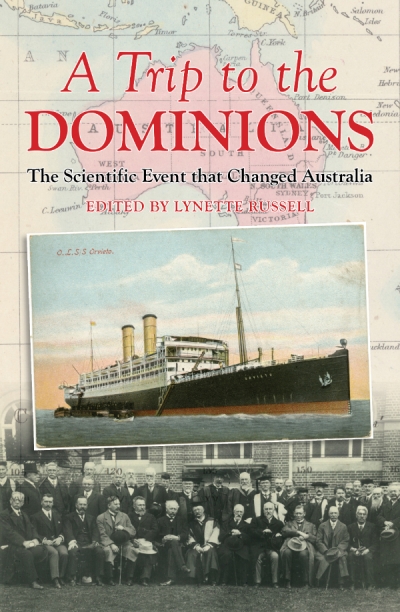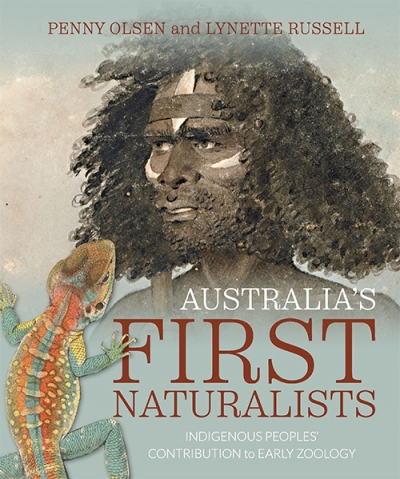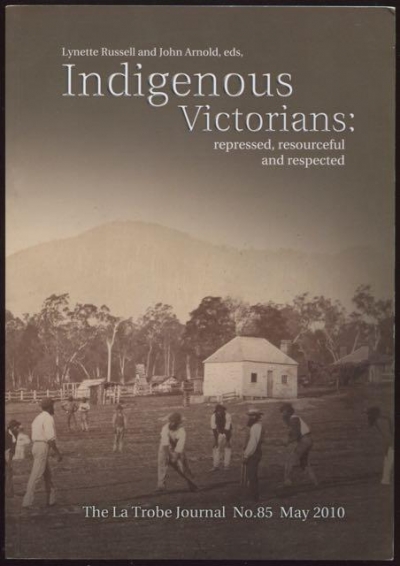Lynette Russell
What the authors of these three wildly different books share is a gift for creating through language a kind of intimacy of presence, as though they were in the room with you. Emily Wilson’s much-awaited translation of The Iliad (W.W. Norton & Company) is a gorgeous, hefty hardback with substantial authorial commentary that manages to be both scholarly and engaging. The poem is translated into effortless-looking blank verse that reads like music. The Running Grave (Sphere) by Robert Galbraith (aka J.K. Rowling), the seventh novel in the Cormoran Strike crime series and one of the best so far, features Rowling’s gift for the creation of memorable characters and a cracking plot about a toxic religious cult. Charlotte Wood’s Stone Yard Devotional (Allen & Unwin, reviewed in this issue of ABR) lingers in the reader’s mind, with the haunting grammar of its title, the restrained artistry of its structure, and the elusive way that it explores modes of memory, grief, and regret.
... (read more)On many occasions throughout our nation’s history, change seemed imminent, perhaps even just on the horizon, but it has always receded into the distance. The instigation and then closure of successive important representative organisations such as the National Aboriginal Consultative Committee, the National Aboriginal Conference, the Aboriginal and Torres Strait Islander Commission, and the National Congress of Australia’s First Peoples illustrate the impacts of electoral politics and the vagaries of political ideologies. Each decade seems to have brought a different structure, some more and some less representative than others. But there has been little continuity or coherence, in either the national or state administrative and political arrangements, in addressing the specific concerns of Indigenous people.
... (read more)European Vision and the South Pacific, Third Edition by Bernard Smith
A Trip to the Dominions: The scientific event that changed Australia edited by Lynette Russell
‘We’ll be going this earth’: an environmental survey
To complement the reviews and commentaries in our Environment issue, we invited a number of writers and scholars to nominate a book that will give readers a better appreciation of the environment.
... (read more)Living, working, and being in the Indigenous space, there are times when it feels as though nothing changes. Indeed, on occasion, it can feel as though things are in fact regressing. When The Hon. Ken Wyatt AM, MP was announced as the new Minister for Indigenous Australians ...
... (read more)
